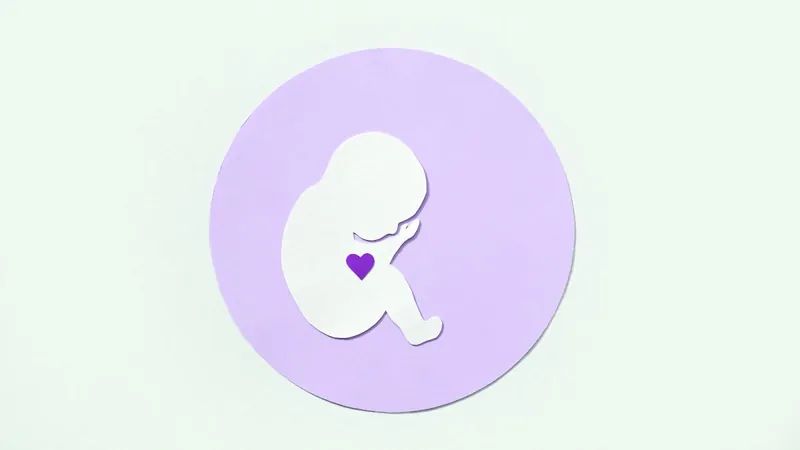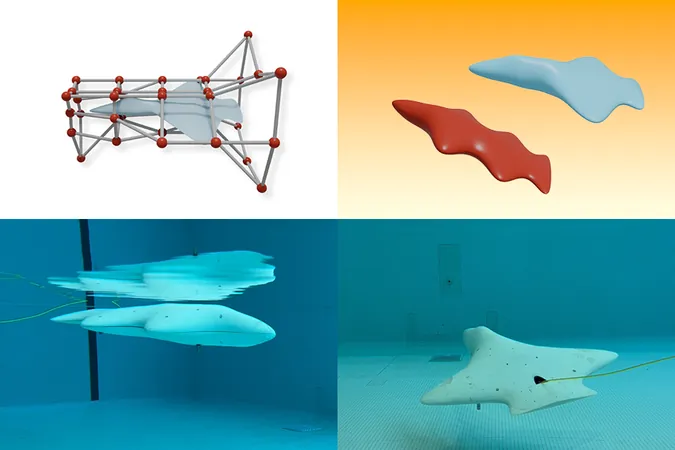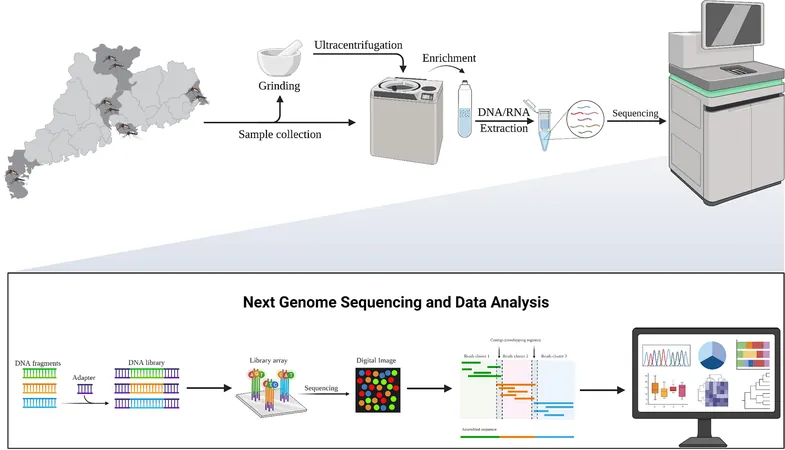
Alarming New Study Reveals Higher Risk of Heart Defects in Babies Conceived via Assisted Reproductive Technology!
2024-09-28
Author: Rajesh
Introduction
A groundbreaking new study has uncovered a potential risk for babies conceived through assisted reproductive technology (ART), revealing that they may face a staggering 36% higher chance of developing major heart defects compared to their naturally conceived counterparts.
Study Overview
The research analyzed data from over 7.7 million live births across four Nordic countries—Denmark, Finland, Norway, and Sweden—over the span of three decades, shedding light on important health implications for infants born through methods like in vitro fertilization (IVF).
Heart Defect Comparison
The researchers specifically looked for serious heart defects diagnosed either prenatally or within the first year of life, comparing the occurrences between those conceived through ART—encompassing techniques such as IVF, intracytoplasmic sperm injection (ICSI), and embryo freezing—and those who were conceived naturally.
Key Findings
Professor Ulla-Britt Wennerholm from the University of Gothenburg, who spearheaded the study, remarked, “Previous research has indicated increased health risks associated with assisted reproductive technologies, including preterm birth and low birth weight. Our investigation aimed to determine whether there was also a heightened risk of congenital heart defects in babies conceived through these methods.”
The findings were published in the prestigious *European Heart Journal*, highlighting that babies born via ART had a 1.84% incidence of heart defects, in contrast to 1.15% for those conceived naturally. Shockingly, this risk escalated significantly for multiple births, where it soared to 2.47%. In single-child births, the risk remained at 1.62%.
Potential Underlying Factors
Wennerholm noted, “The uniformity of increased heart defect risks across various assisted reproduction methods points to a possible underlying factor tied to parental infertility and resulting congenital heart disease in their offspring.” Early identification of these risks is crucial, as congenital heart defects often necessitate specialized surgeries shortly after birth, advocating for prompt medical intervention.
Expert Opinions
Dr. Bernard Tuch, an adjunct professor at Monash University and consultant endocrinologist who was not part of the study, confirmed that while the data highlights a slightly elevated risk of congenital abnormalities among ART babies, the overall likelihood remains low. He stated, “It has been well documented that children born after ART face a significant but slight increase in congenital anomalies, predominantly cardiac in nature.
Additionally, Dr. Nathalie Auger from the University of Montreal Hospital Research Centre, in an accompanying editorial, pointed out the rising prevalence of assisted reproductive techniques, which now account for approximately 2% to 8% of births depending on the country. “While the majority of neonates born through ART are healthy, these pregnancies are not without their risks,





 Brasil (PT)
Brasil (PT)
 Canada (EN)
Canada (EN)
 Chile (ES)
Chile (ES)
 Česko (CS)
Česko (CS)
 대한민국 (KO)
대한민국 (KO)
 España (ES)
España (ES)
 France (FR)
France (FR)
 Hong Kong (EN)
Hong Kong (EN)
 Italia (IT)
Italia (IT)
 日本 (JA)
日本 (JA)
 Magyarország (HU)
Magyarország (HU)
 Norge (NO)
Norge (NO)
 Polska (PL)
Polska (PL)
 Schweiz (DE)
Schweiz (DE)
 Singapore (EN)
Singapore (EN)
 Sverige (SV)
Sverige (SV)
 Suomi (FI)
Suomi (FI)
 Türkiye (TR)
Türkiye (TR)
 الإمارات العربية المتحدة (AR)
الإمارات العربية المتحدة (AR)